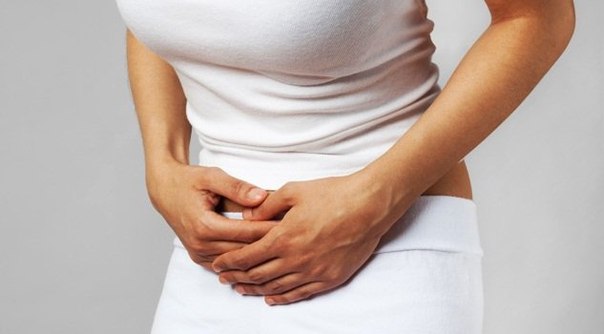
More than 60% of women seek help for chronic pelvic pain (CPP). Persistent pain is a factor that has a negative impact on the psycho-emotional sphere, contributing to the development of psychopathological, neuroendocrine and somatic disorders. Deterioration of well-being can lead to temporary or permanent disability and adversely affects family relationships.
Pelvic pain can be symptoms of various pathological
conditions, therefore, first of all, it is necessary to undergo a comprehensive gynecological examination. If it does not reveal anything serious, then most likely the cause of pelvic pain is psychosomatic, and congestion in the pelvis is due to muscle tension due to chronic stress. Today it is regarded as the main source of most gynecological diseases. Therefore, the problem of chronic pelvic pain in women is becoming the subject of close attention not only of gynecologists, but also of doctors of other specialties: neuropathologists, psychiatrists and psychotherapists, since many women with psychogenic pain are treated for a long time and unsuccessfully by gynecologists and urologists.
Scientists have found that women with CPP have various psycho-emotional disorders, among which anxiety-depressive states, hysteria and repressed aggression predominate. Such disorders are detected in 96% of women with CPP, and in 37% of patients these pains occurred against the background of psychotraumatic situations.
In most women with pelvic pain syndrome, such traits as vulnerability, sensitivity, high anxiety, a tendency to hypochondriacal and depressive reactions, and mood swings predominate in their personality characteristics. Most patients with pelvic pain syndrome have very low resistance to stress. There is a formation of a kind of "vicious circle": stress - pain - social maladaptation - psycho-emotional disorders - pain. All this has an extremely negative impact on the quality of life of patients.
Вот почему при ХТБ обязательно нужно пройти психологическое обследование и с помощью психотерапии устранить те источники стресса (психотравмы и конфликты), которые неблагоприятно влияют на репродуктивную систему.
A good complementary non-drug treatment is transcranial electrical brain stimulation (TES). It is widely used for the treatment of diseases of various origins due to its analgesic effect, it has a positive effect on the processes of reparation and an increase in the psychophysiological status of a person, reduces anxiety and depression.
A promising method for the rapid treatment of psycho-emotional imbalance and pain in CPP is infusion treatment with ketamine.
Guided by the principles of integrative, holistic medicine, combining psychotherapy with ketamine infusions, transcranial electrical stimulation, rehabilitation of the brain "Neurohelp", body-oriented therapy and art therapy, a significant improvement in the health of patients can be achieved.
